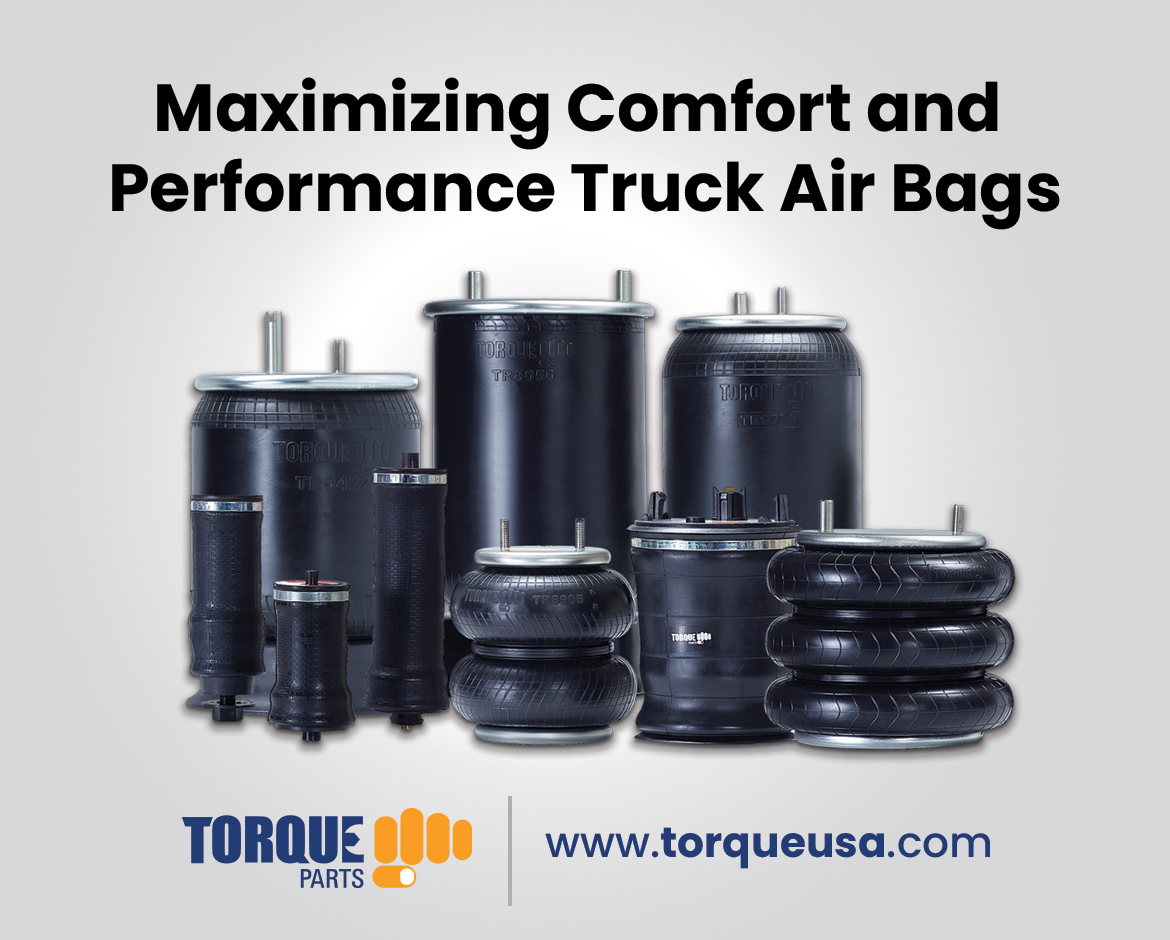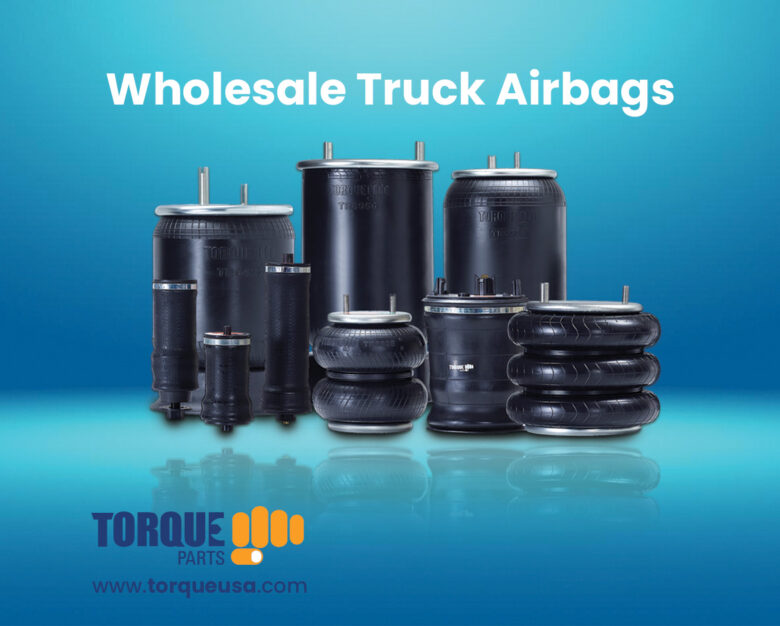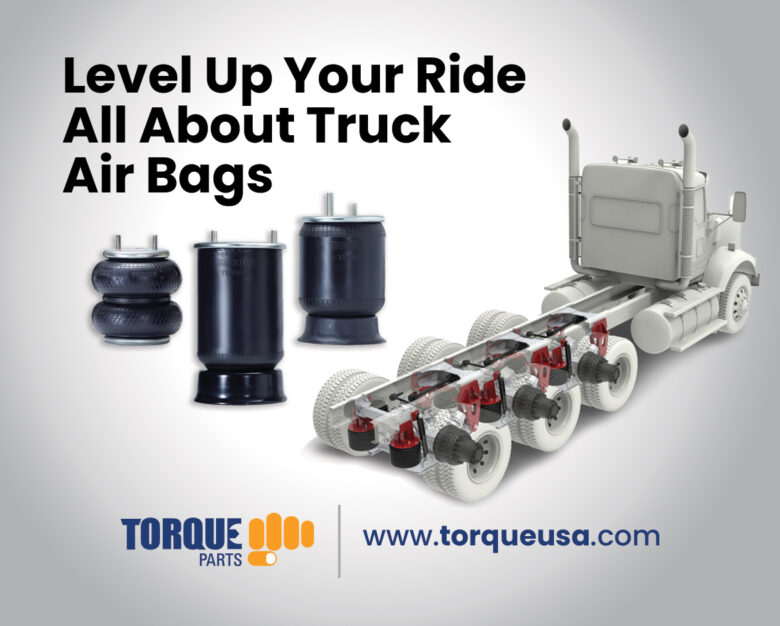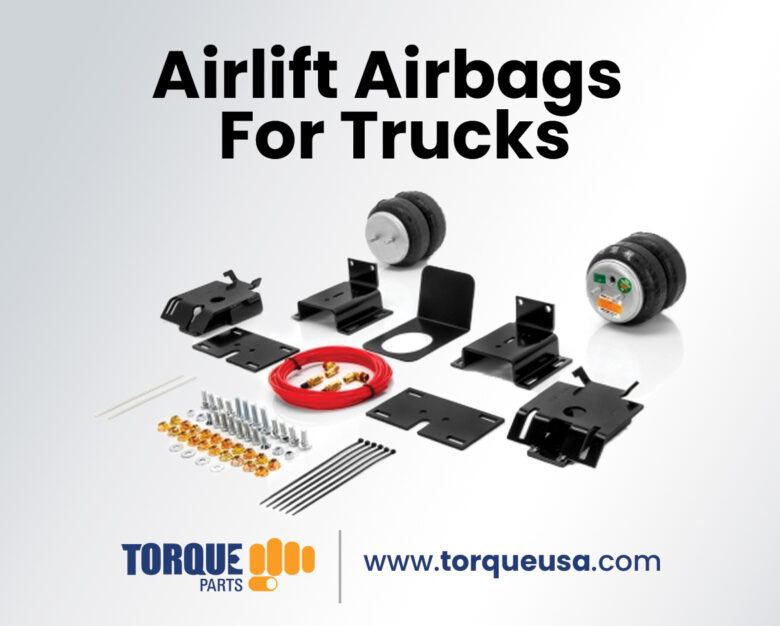Maximizing Comfort and Performance Truck Air Bags
Maximizing Comfort and Performance Truck Air Bags

Truck air bags, also known as air springs or air suspension systems, have revolutionized the way heavy-duty vehicles handle loads and navigate various terrains. In this comprehensive guide, we’ll delve into the benefits, functionality, and considerations of truck air bags, empowering truck owners to make informed decisions for their vehicles.
- Understanding Truck Air Bags
Truck air bags are pneumatic devices designed to support heavy loads and provide a smoother ride by replacing traditional coil or leaf springs with air-filled bags. These bags are typically made from durable materials like rubber or polyurethane and are inflated or deflated using compressed air.
- Benefits of Truck Air Bags
- Enhanced Load Capacity: Truck air bags can significantly increase a vehicle’s load-carrying capacity, making them ideal for hauling heavy cargo or towing trailers.
- Improved Ride Quality: By adjusting air pressure, truck owners can customize the ride height and stiffness of their vehicles, resulting in a smoother and more comfortable driving experience.
- Enhanced Stability: Air bags help distribute weight evenly across all axles, improving stability and control, especially when navigating corners or uneven terrain.
- Reduced Wear and Tear: By absorbing shocks and vibrations, truck air bags minimize stress on the suspension system and other components, reducing the risk of premature wear and tear.
- Types of Truck Air Bags
- Single Convolute Air Bags: Designed for light to medium-duty trucks, these air bags offer a cost-effective solution for improving ride quality and load capacity.
- Double Convolute Air Bags: Commonly used in heavy-duty trucks and commercial vehicles, double convolute air bags provide greater load-carrying capacity and durability.
- Triple Convolute Air Bags: Engineered for extreme loads and harsh operating conditions, triple convolute air bags offer maximum support and stability.
- Considerations When Choosing Truck Air Bags
- Vehicle Compatibility: Ensure that the air bags are compatible with your truck’s make, model, and suspension system to avoid compatibility issues.
- Load Requirements: Consider the weight of your typical cargo or towing needs to determine the appropriate load capacity of the air bags.
- Terrain and Driving Conditions: Choose air bags that can withstand the demands of your typical driving terrain, whether it’s smooth highways, rough off-road trails, or construction sites.
- Budget: Evaluate your budget and consider the long-term savings in maintenance and repair costs when investing in quality truck air bags.
- Installation and Maintenance
Proper installation and regular maintenance are essential for maximizing the performance and longevity of truck air bags. Consider consulting a professional mechanic or technician for installation, and follow the manufacturer’s guidelines for maintenance, including checking air pressure levels, inspecting for leaks, and replacing worn-out components as needed.
Conclusion
Truck air bags offer a myriad of benefits, from enhanced load capacity and ride quality to improved stability and reduced wear and tear. By understanding the functionality, types, considerations, and maintenance of truck air bags, truck owners can optimize their vehicles’ performance and comfort for years to come. Invest in quality air bags today and experience the difference they can make in your trucking experience.
For detailed information, you can contact us at Truck Air Bags




